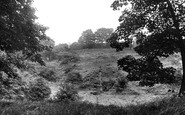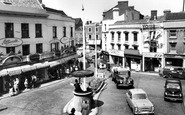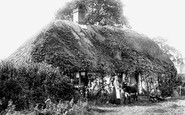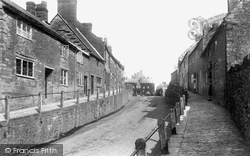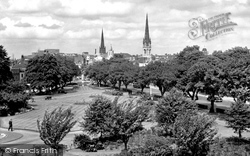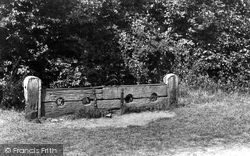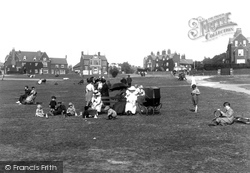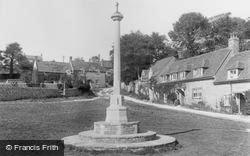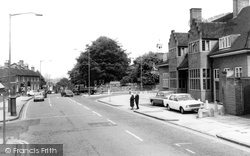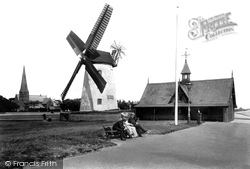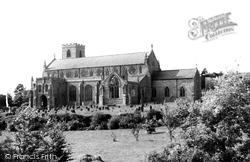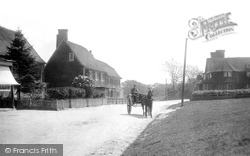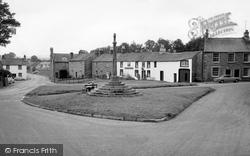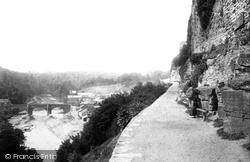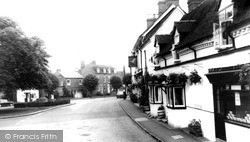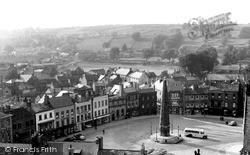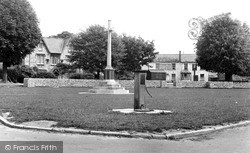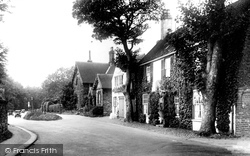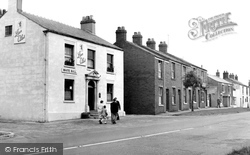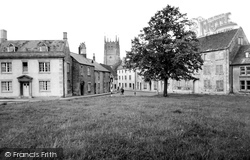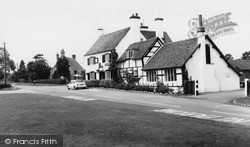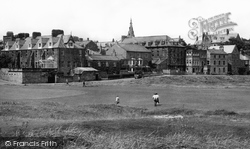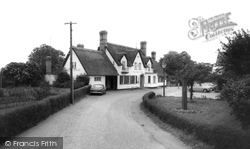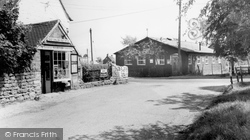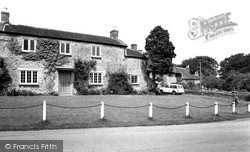Places
8 places found.
Those places high-lighted have photos. All locations may have maps, books and memories.
Photos
4 photos found. Showing results 101 to 4.
Maps
53 maps found.
Books
Sorry, no books were found that related to your search.
Memories
792 memories found. Showing results 51 to 60.
Huntly
I went to the Gordon Schools until I moved to England in 1972, they were the best days of my life. My uncle George Robertson owned the painting and decorating shop in Castle Street. I remember the picnics down by the Deveron in the summer. ...Read more
A memory of Keith by
Old Southall Remembered
I lived in old Southall (Norwood Road - Norwood Green end) during the 1960s to the 1990s and have seen great changes. I went to school at Clifton Road, and the school had a great Headmaster, Mr Hancock, for a while. One ...Read more
A memory of Southall
Ancestral Home
With my newly obtained lawyer´s degree and after joining a British bank based in Buenos Aires, Argentina, I was sent to London, to follow an international training course of one year, along with my wife Rosemarie and our one ...Read more
A memory of Car Colston in 1972 by
Streatham Hill Theatre
In 1973 I became the general manager of Streatham Hill Theatre, managing the Mecca Social/Bingo club. It was the flagship club of the company and was every manager's dream to run it. Previous managers were Robin Pritchard, ...Read more
A memory of Streatham in 1973 by
The Bathing Hole
The stream in front of the war memorial ran down to the Browney river a few hundred yards below the Dean, where half of the Witton school kids learned to swim in deep pools created by dams made by Harry Bell and Davy ...Read more
A memory of Witton Gilbert in 1954 by
Then & Now
I remember during my teens to early twenties there always seemed to be gigs on. From The Green Man (where it must be said, I really shouldn't have been, not then being 18), where it was very bluesy music, plus of course the mighty ...Read more
A memory of Kidderminster in 1973 by
Memories Of Leadgate And Iveston 1938 1943
I came to live at Leadgate when I was 12 years old and attended Leadgate Council School which was a large red brick building for infants and juniors, boys and girls. I was at the school for only 2 years, ...Read more
A memory of Leadgate in 1930 by
Thomas Binns 1845 1921 No 1 The Green Later No 3 Grange Cottages
Hello - I would be very grateful for any information - especially photos - of my ancestor Thomas Binns who moved from Cowling to Micklethwaite c. 1898. He had built ...Read more
A memory of Micklethwaite in 1900 by
Distant Memories
I had returned to UK from Queensland to visit my mother who was ill and waiting at the platform entrance at Waterloo station when a former colleague from Post Office Overseas Telegraph came up to me and we began a ...Read more
A memory of Frimley Green in 1978 by
Memories Of My Childhood
I was born in 1956, in Wiltshire, but my first memories are of Pawlett, where we moved, when I was very small. It was a smaller, quiter village than it is even now. I went to the village school, on the village green, next ...Read more
A memory of Pawlett in 1961 by
Captions
357 captions found. Showing results 121 to 144.
Until mid-Victorian times, this part of the road, known now as Greenhill, had been called New Well Hill. Here, we are looking towards the Green at the turn of the century.
Greyfriars Green is dominated by the spire of Christchurch (c1350), all that remains of a monastery established in 1234 and demolished in 1539.
Kelvedon Hatch is a popular commuter village in the Green Belt north-west of Brentwood. It is now well-known for its formerly 'secret' government nuclear bunker.
Here on the Green those visitors who did not wish to dabble on the sands with Punch and Judy, minstrels and organs could enjoy the relative peace of this area to read, write a postcard or
On a sunny weekend day the customers of The Tiger Inn, out of view to the right and very popular with walkers, spill onto the green and bring it vigorously to life.
The Green Man is a common pub name (and church carving), deriving from an ancient fertility figure, though his exact significance is uncertain.
Amongst the facilities provided by the Cliftons was the old lifeboat house, built largely from cobbles and overlooking the promenade wall.
St Margaret's stands on high ground at the southern end of the present village near the green at Newgate.
The War Memorial 1921. East Dean's simple war memorial fits well on the green of this flint-built village.
A pony and trap stand on the main road which passes by the foot of the green on the left, around which are the tile-hung yeomens' cottages and the village pub.
The centre of the village, with its attractive houses round the green, is marked by a market cross reminding us that Henry III had granted a license to Thomas de Greystoke for a weekly market and fair
We are looking west towards the Green Bridge, with the castle rock more visible here. The young woman on the right needs her parasol, because Castle Walk is a south-facing sun trap.
The character of the village has changed greatly in recent years as commuters have discovered it.
Richmond, the 'capital' of Swaledale, has been described as one of the most perfect market towns in England.
Over the last half century the Green has altered very little.
The village store faces the war memorial on the green, which appears to have been fenced off. Surely this was not protection from vandals!
The character of the village has changed greatly in recent years as commuters have discovered it.
Bilsborrow lies between Lancaster and Preston on the traffic-laden A6 road. The White Bull inn dates from the 18th century, and still believes in a roaring coal or log fire in winter.
Unfortunately, The Green today is not as traffic-free as in this picture. No 30, left, is an attractive early 19th- century double-fronted house with a Roman Doric pedimented porch.
The village lies south of Redditch, with Studley and Astwood Bank encroaching from east and west.
As a resort Alnmouth was noted for its excellent golf links, said to be one of the oldest in England.
Hidden away behind the Green Man Inn, the Red Lion is nowadays a popular, floodlit public house, painted a glowing orange but retaining the thatched roof.
Bristol cigarettes and Brooke Bond tea could be purchased at the Post Office Stores, run by M S Beevers at the time of this photograph.
Mells was the village of fabled Jack Horner, who misappropriated its deeds when the landowning monastery was dissolved. The village grew with coal, quarrying, an iron works and cloth making.
Places (8)
Photos (4)
Memories (792)
Books (0)
Maps (53)

